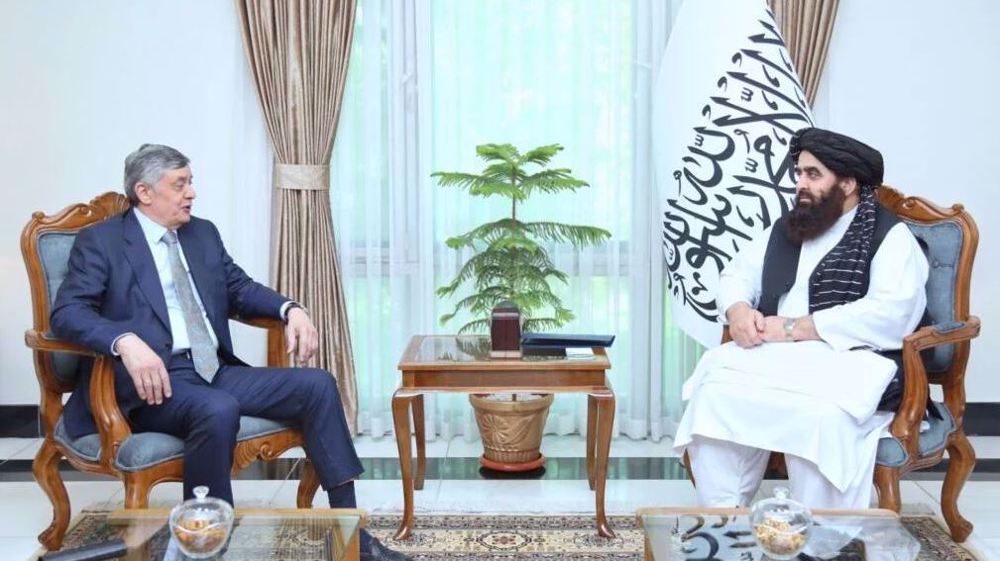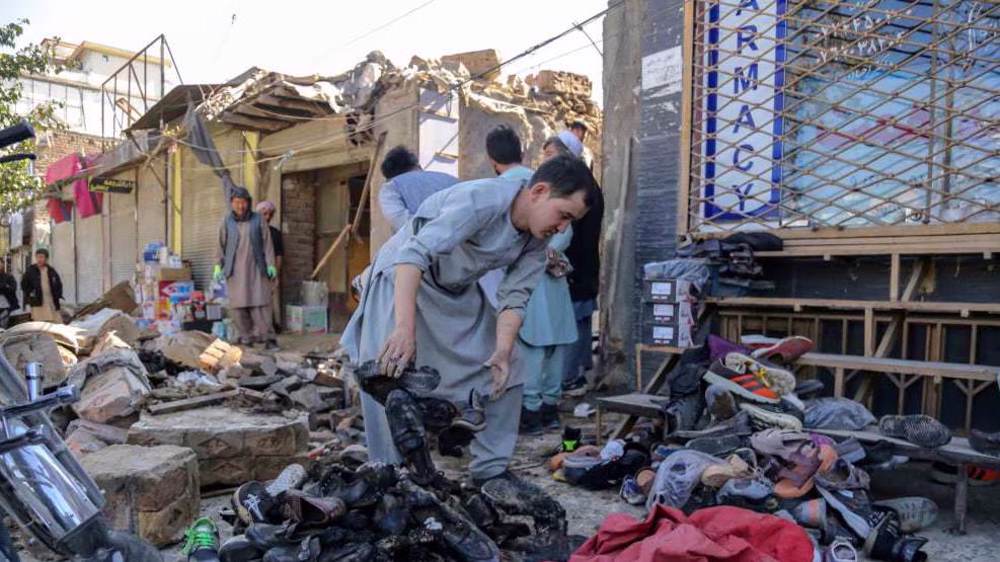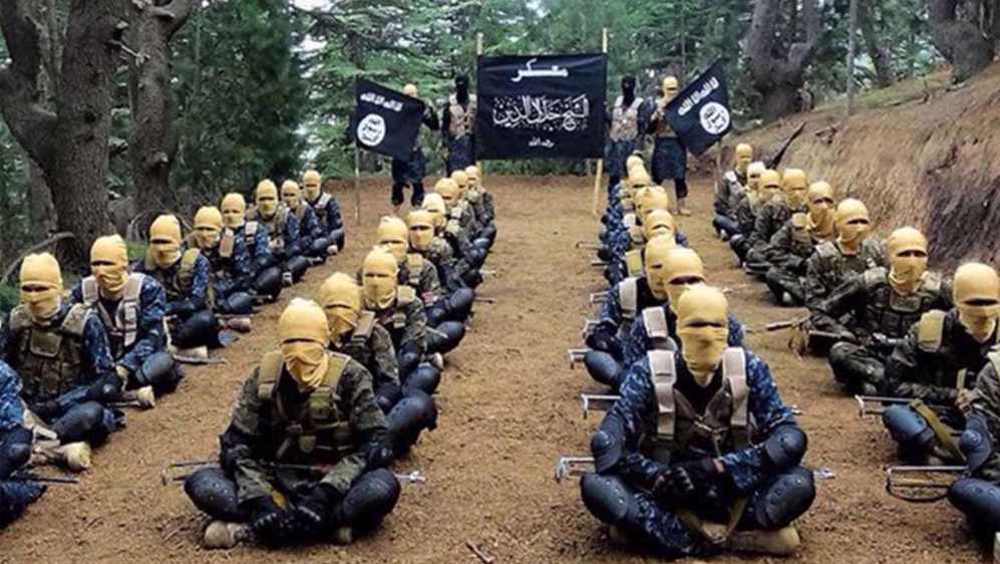Kabul ready to start intra-Afghan peace talks with Taliban: Abdullah
A senior Afghan official tasked with leading the much-awaited intra-Afghan peace negotiations with the Taliban militant group says his team is ready to commence talks “at any moment” with the militants.
Abdullah Abdullah, the head of Afghanistan’s High Council for National Reconciliation (HCNR), made the comment on Saturday at his first press conference since taken the role, saying the lull in violence created by an unexpected truce offered by Taliban had set the tone for starting the peace talks.
“The announcement of the ceasefire, a reduction in violence and the exchange of prisoners have all paved the way for a good beginning,” Abdullah said, adding, “The negotiating team is ready to begin the talks at any moment.”
After months of political crisis over the outcome of a disputed September presidential election, which declared Ashraf Ghani as the president for a second term, Abdullah, Ghani’s bitter rival, agreed to ink a power-sharing deal with the incumbent president.
Part of the agreement is that Abdullah henceforth heads Kabul’s negotiating team in its intra-Afghan peace talks with the Taliban militant group, which has already controls large parts of the war-torn country.
Kabul responded to the ceasefire by releasing some 1,000 Taliban inmates this week, and plans to further free an equal number of prisoners in the coming days.
The militant group, for its part, has said that it plans to releases another group of government prisoners. The Taliban have so far freed around 300 Afghan security force personnel.
The Taliban-proposed three-day ceasefire was held over the Eid al-Fitr, which marks the end of the holy fasting month of Ramadan. Although the truce, in effect from Sunday through Tuesday, maintained relative peace across the country, it was soon followed by deadly attacks on security forces.
Afghan officials blamed the attacks on the Taliban.
A peace deal inked between the United States and the Taliban on February 28 stipulated that the Taliban stop their attacks on foreign forces in return for the US military’s phased withdrawal from Afghanistan and also a prisoner exchange between the group and the government in Kabul, which was excluded from the talks.
The prisoner swap is regarded as a confidence-building move ahead of long-awaited peace talks between Kabul and the militant group, which rejected a government offer of truce for the duration of Ramadan and continued its attacks.
Nearly 14,000 US troops and 17,000 troops from NATO allies and partner countries remain stationed in Afghanistan years after the invasion of the country that toppled a Taliban regime in 2001.
VIDEO | Press TV's news headlines
Iranian satellites launched into space as private sector debuts in space industry
VIDEO | Iran, Azerbaijan conduct joint maritime rescue operations
VIDEO | Yemen’s Red Sea divide: Naval forces block Israeli-linked ships in strategic ‘parting of the water’
VIDEO | Southern Gaza: Israel’s facade for famine and suffering
VIDEO | IOF hampering humanitarian aid
VIDEO | Sharmahd: Justice Done
Iran repeatedly warned Israel not to test its will: FM












 This makes it easy to access the Press TV website
This makes it easy to access the Press TV website